Introduction
The Bichon Frise temperament is often described as friendly, affectionate, and full of life.
- This breed is friendly, making them excellent companions for families
- They are intelligent dogs, eager to learn but sometimes a bit stubborn
- Understanding their temperament helps you provide the best care
- Bichon Frises thrive on attention and love being around humans
- Discover what to expect from your Bichon Frise's unique temperament
1. Friendly and Sociable Nature
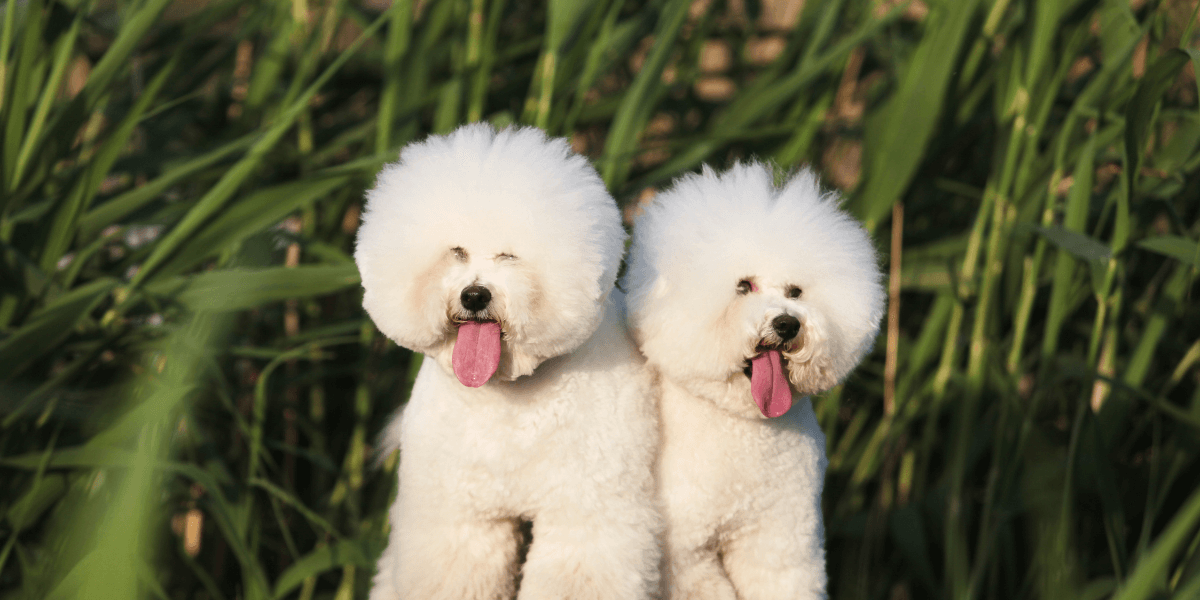
Learn why Bichon Frises are known for their social and friendly demeanor
- Great with families: Bichon Frises are affectionate and family-oriented
- Good with children: Gentle and patient, they make excellent playmates for kids
- Welcoming to strangers: Generally friendly and not overly protective
- Enjoys company: Thrives in environments with lots of human interaction
- Social with other pets: Gets along well with other dogs and pets
- Loves meeting new people: Enjoys being the center of attention
- Adaptable in social settings: Comfortable in crowds and new environments
- Minimal aggression: Rarely shows signs of aggression or fearfulness
2. Playful and Energetic Disposition

Discover how their playful nature makes them delightful companions
- Loves to play: Enjoys games like fetch and tug-of-war
- High energy levels: Requires regular playtime to stay happy and healthy
- Enjoys interactive toys: Keeps their minds engaged and active
- Good with outdoor activities: Loves walks, runs, and outdoor adventures
- Entertains with antics: Known for their humorous and entertaining behavior
- Needs mental stimulation: Puzzle toys and training games are ideal
- Enjoys agility training: Responds well to agility courses and challenges
- Adapts to your lifestyle: Can be as active or relaxed as you are
3. Affectionate and Loving Character
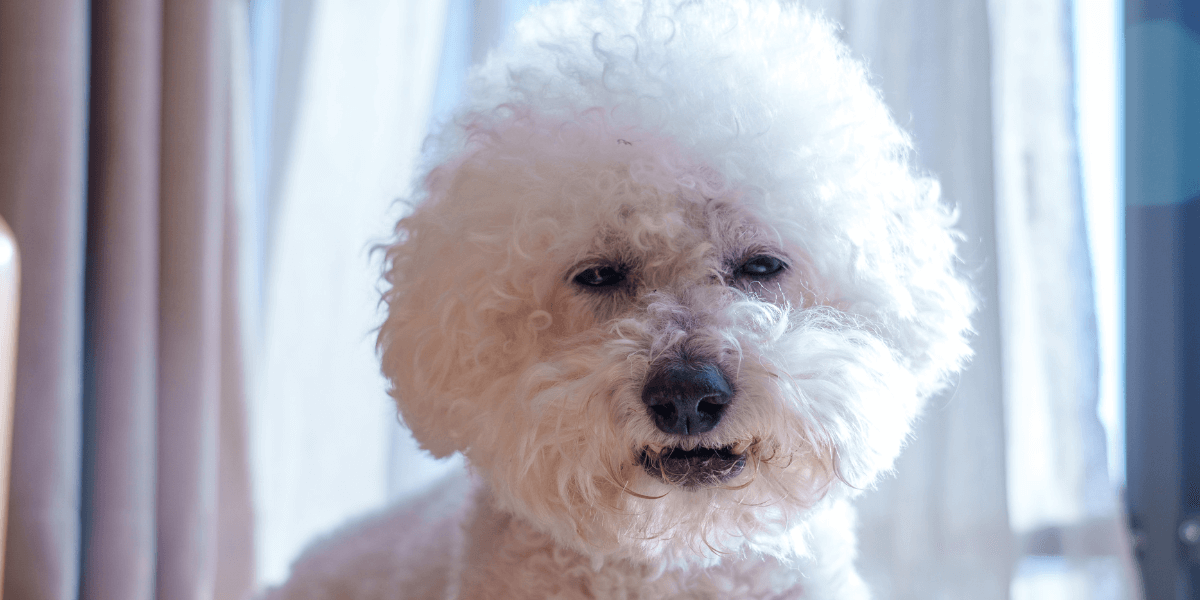
The Bichon Frise temperament is renowned for its affectionate and loving character.
- Cuddle enthusiasts: Loves to snuggle on the couch or in bed
- Forms strong bonds: Quickly forms deep attachments to their human family
- Shows love freely: Expresses affection through kisses and closeness
- Follows you around: Enjoys being near their favorite people at all times
- Craves attention: Loves being petted and held by their owners
- Loyal companions: Stays by your side, providing comfort and friendship
- Emotionally intuitive: Senses your mood and offers comfort when needed
- Prefers human contact: Thrives when included in family activities
4. Intelligent but Sometimes Stubborn
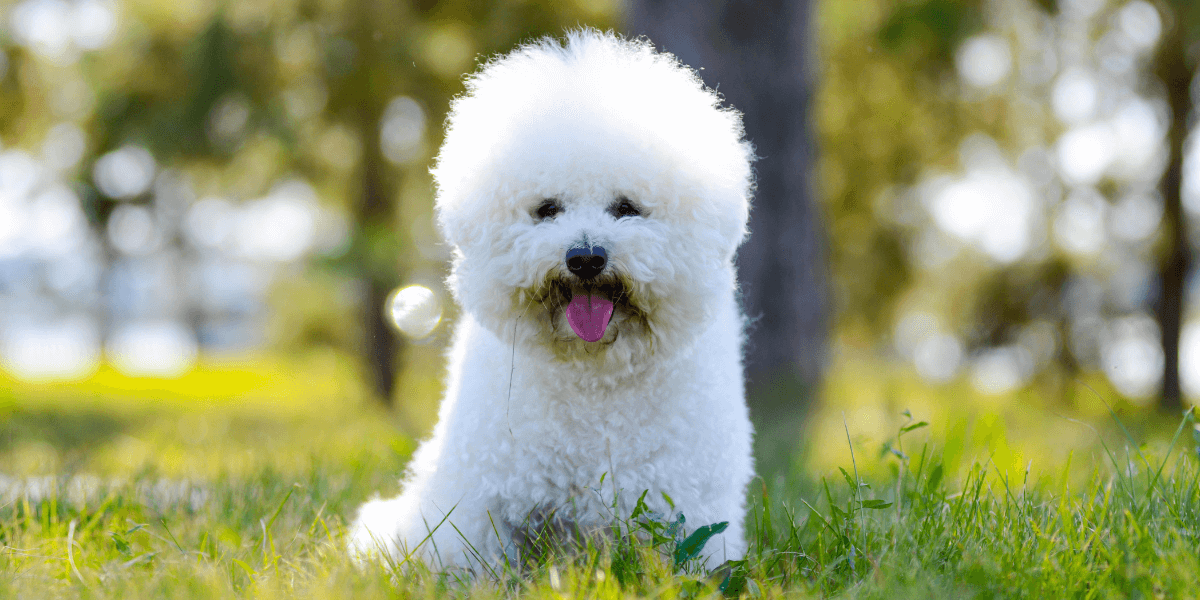
Understand how intelligence and stubbornness can influence training.
- Quick learners: Picks up commands and tricks rapidly with consistent training
- Can be stubborn: May show resistance or independence during training
- Positive reinforcement: Responds best to gentle, reward-based training methods
- Needs consistency: Requires consistent routines and clear boundaries
- Enjoys mental challenges: Thrives on puzzles and problem-solving activities
- Can test limits: Might challenge rules if not trained firmly
- Sensitive to tone: Reacts to your voice tone; gentle commands work best
- Requires patience: Patience is key when dealing with their occasional stubbornness
Discover effective training techniques to manage your Bichon Frise's intelligence and occasional stubbornness.
5. Alert and Watchful Behavior
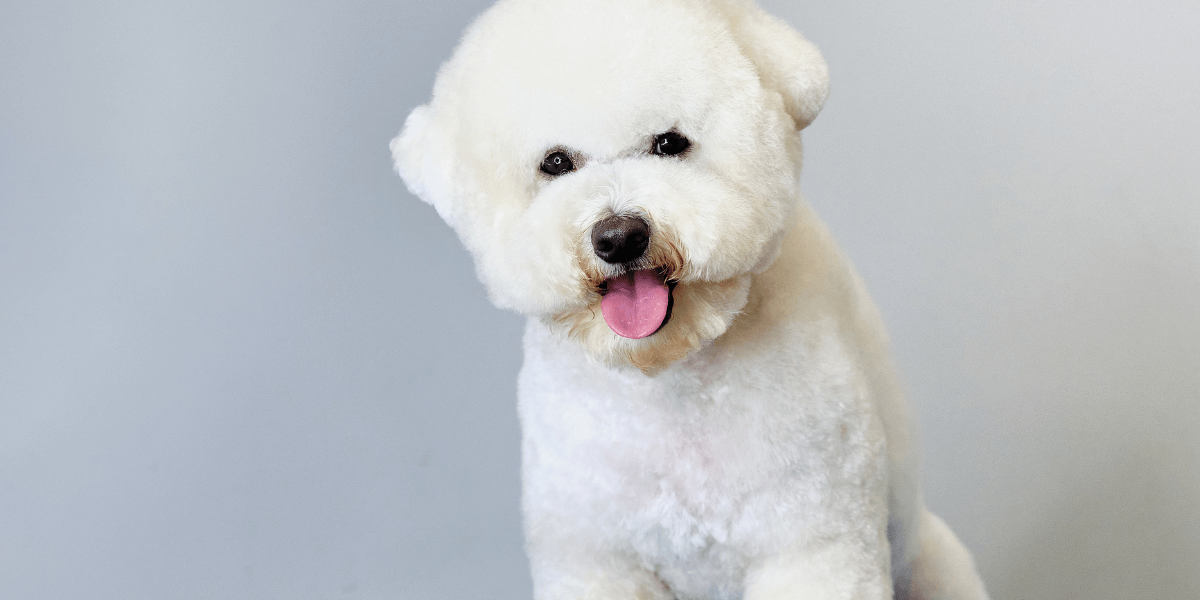
The Bichon Frise temperament includes a unique combination of alertness and watchful behavior.
- Good watchdogs: Alert to changes in their environment and quick to bark
- Not aggressive: Will bark to alert but not overly protective or aggressive
- Responsive to sounds: Sensitive to noises and quick to investigate
- Observant of surroundings: Always aware of what’s happening around them
- Curious by nature: Likes to explore and investigate new things
- Quick to notify: Alerts owners to visitors or unusual activity
- Moderate barking: Can be trained to limit excessive barking
- Comfortable in the home: Generally calm once they know everything is safe
6. Adaptable to Various Living Conditions
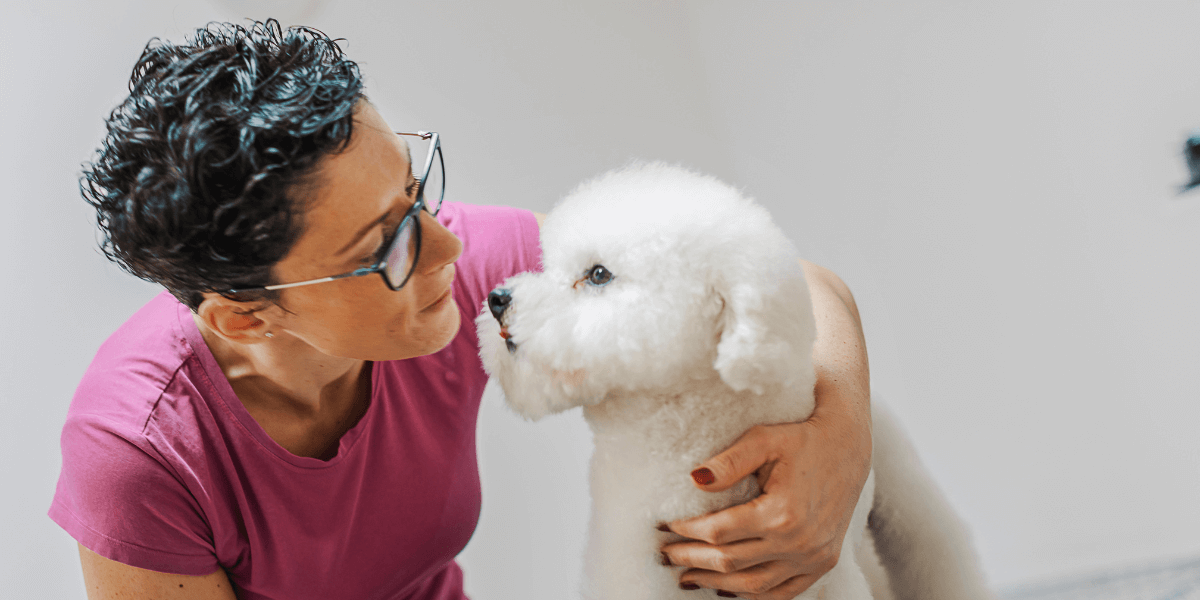
Discover how well they adapt to different environments and situations
- Great for apartments: Small size makes them suitable for apartment living
- Adapts to households: Fits well in homes with or without a yard
- Travel-friendly: Easy to travel with due to their small size and calm nature
- Adjusts to routines: Adapts well to new schedules and routines
- Handles change well: Generally comfortable with changes in the environment
- Tolerates alone time: Can manage short periods of alone time if trained
- Indoor lifestyle-friendly: Enjoys indoor activities and games
- Cold weather caution: Needs protection in cold climates due to their small size
Learn how your Bichon Frise's alert and watchful behavior contributes to harmonious family living.
7. Emotional and Sensitive Nature
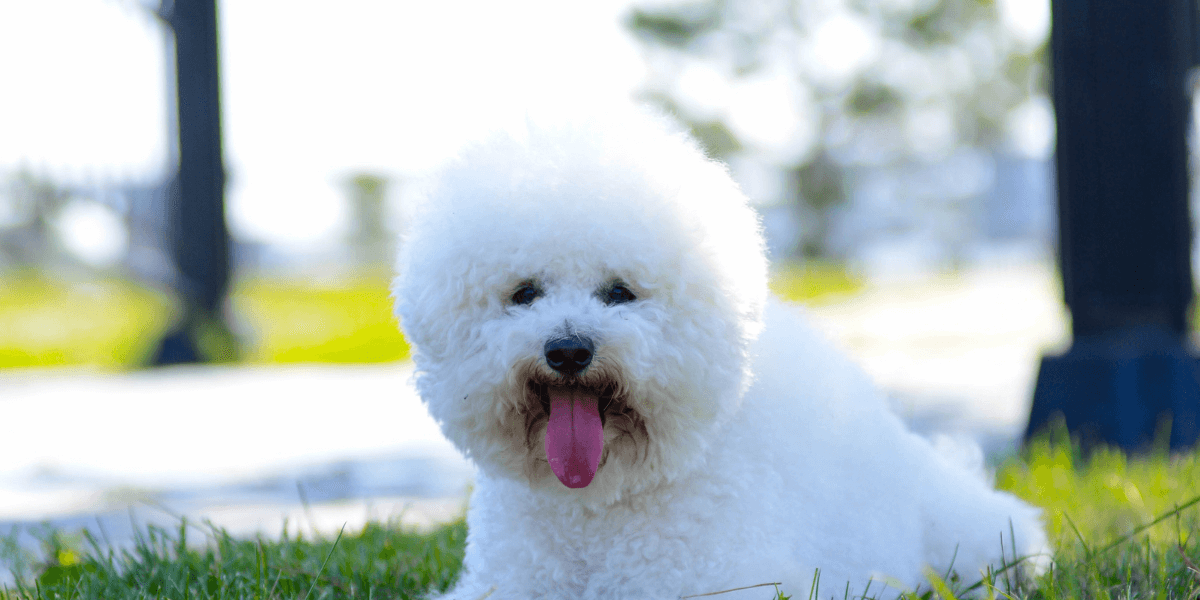
The Bichon Frise temperament is characterized by its emotional and sensitive nature.
- Emotionally connected: Feels deeply attached to their human family
- Sensitive to criticism: Responds poorly to harsh tones or punishment
- Needs positive reinforcement: Thrives on praise and rewards
- Aware of emotions: Notices and reacts to the mood of their owners
- Avoids conflict: Prefers harmony and avoids confrontations
- Can experience anxiety: May feel anxious when left alone for too long
- Requires gentle handling: Needs a calm and gentle approach to training
- Comforts owners: Known for providing emotional support and companionship
Support your Bichon Frise’s sensitive nature by learning tips for keeping them happy and healthy.
FAQs
1. Are Bichon Frises good with children?
- Yes, they are gentle, patient, and playful with children
2. Does Bichon Frises get along with other pets?
- Yes, they are generally friendly with other pets and dogs
3. Are Bichon Frises easy to train?
- They are intelligent but may be a bit stubborn; patience is key
4. Do Bichon Frises bark a lot?
- They may bark to alert but can be trained to control excessive barking
5. Are Bichon Frises good for apartments?
- Yes, their small size and adaptable nature make them ideal for apartments
6. Does Bichon Frises need a lot of exercise?
- They need regular playtime and walks to stay healthy and happy
7. Can Bichon Frises be left alone?
- They can handle short periods alone but prefer the company
Conclusion
- The Bichon Frise temperament is a delightful mix of affection, playfulness, and intelligence
- Their friendly, playful, and affectionate nature makes them great companions
- With proper training, their intelligence shines, despite occasional stubbornness
- These adaptable dogs fit well into various living conditions, including apartments
- They are emotionally sensitive, thriving in positive and loving environments
- Enjoy a joyful bond by appreciating and nurturing their unique temperament



